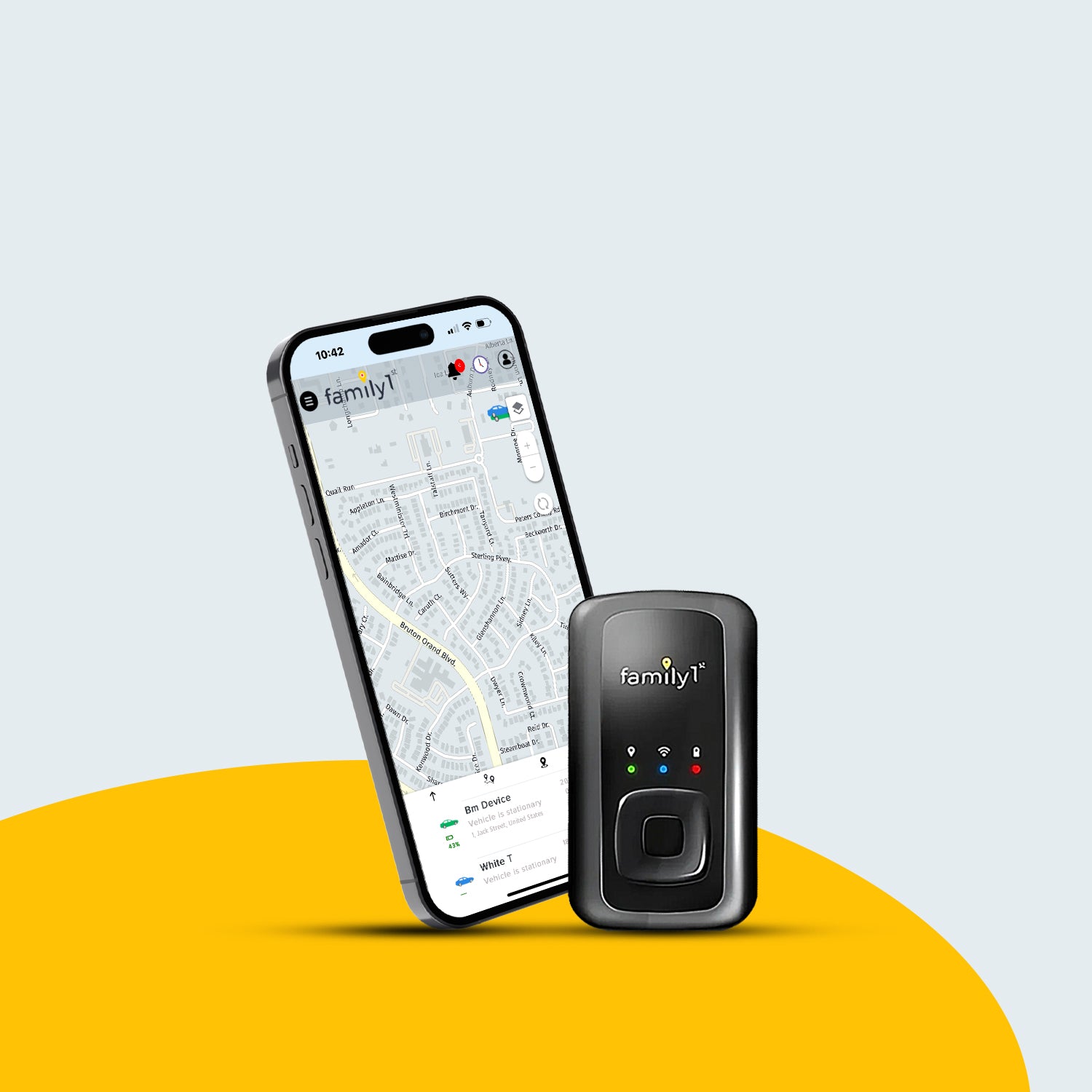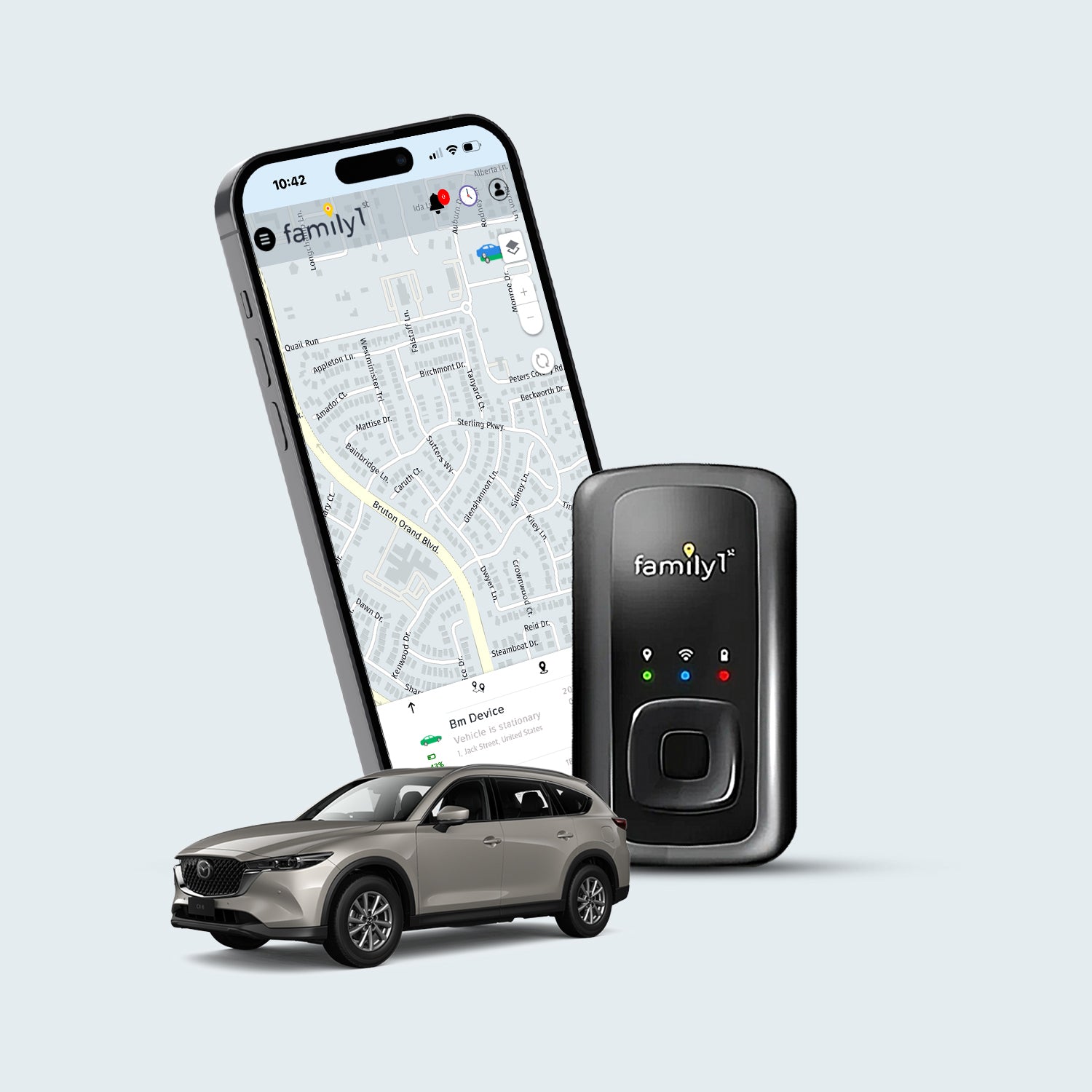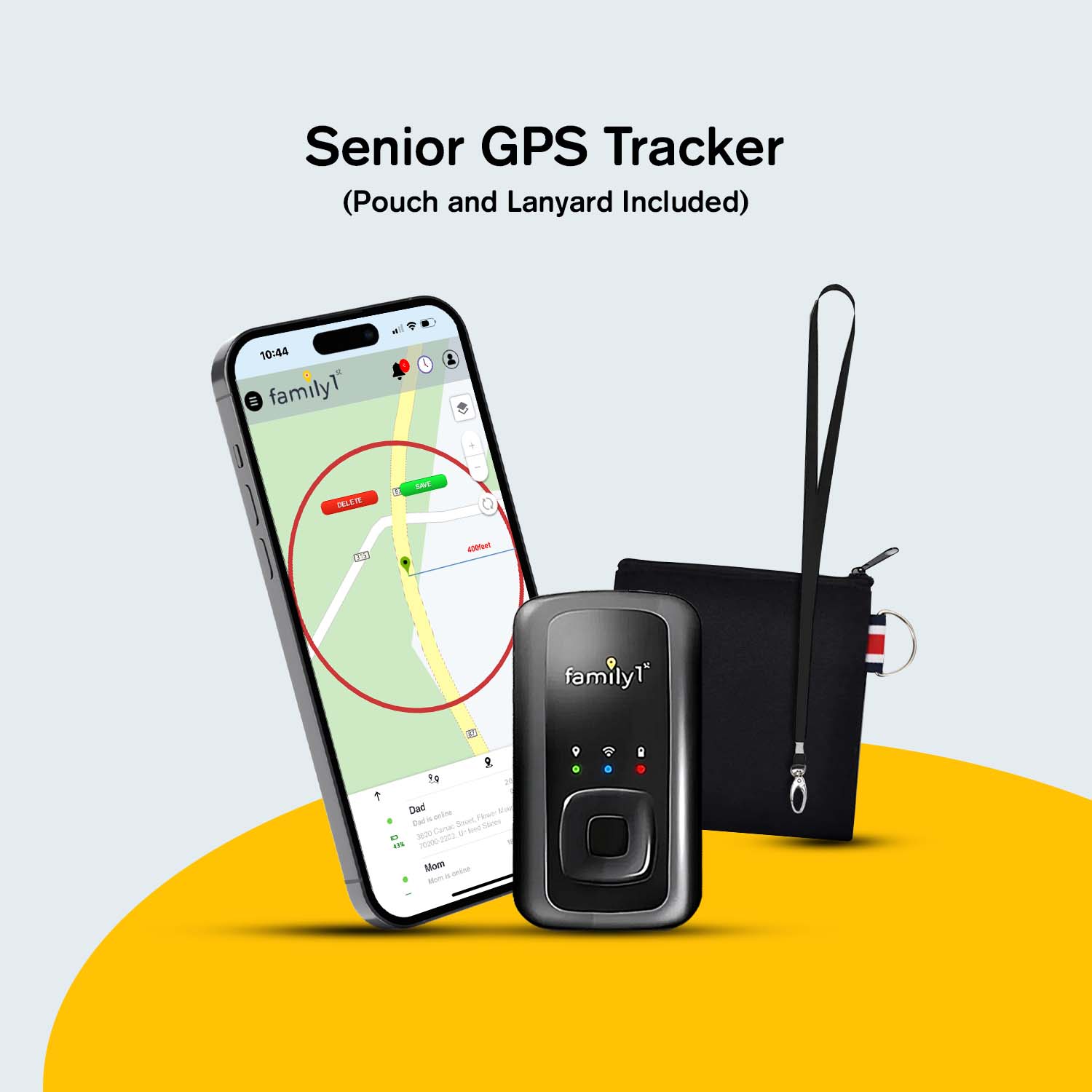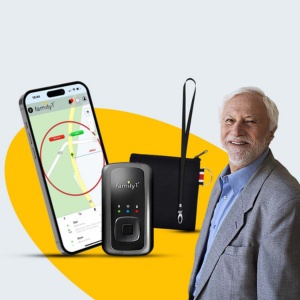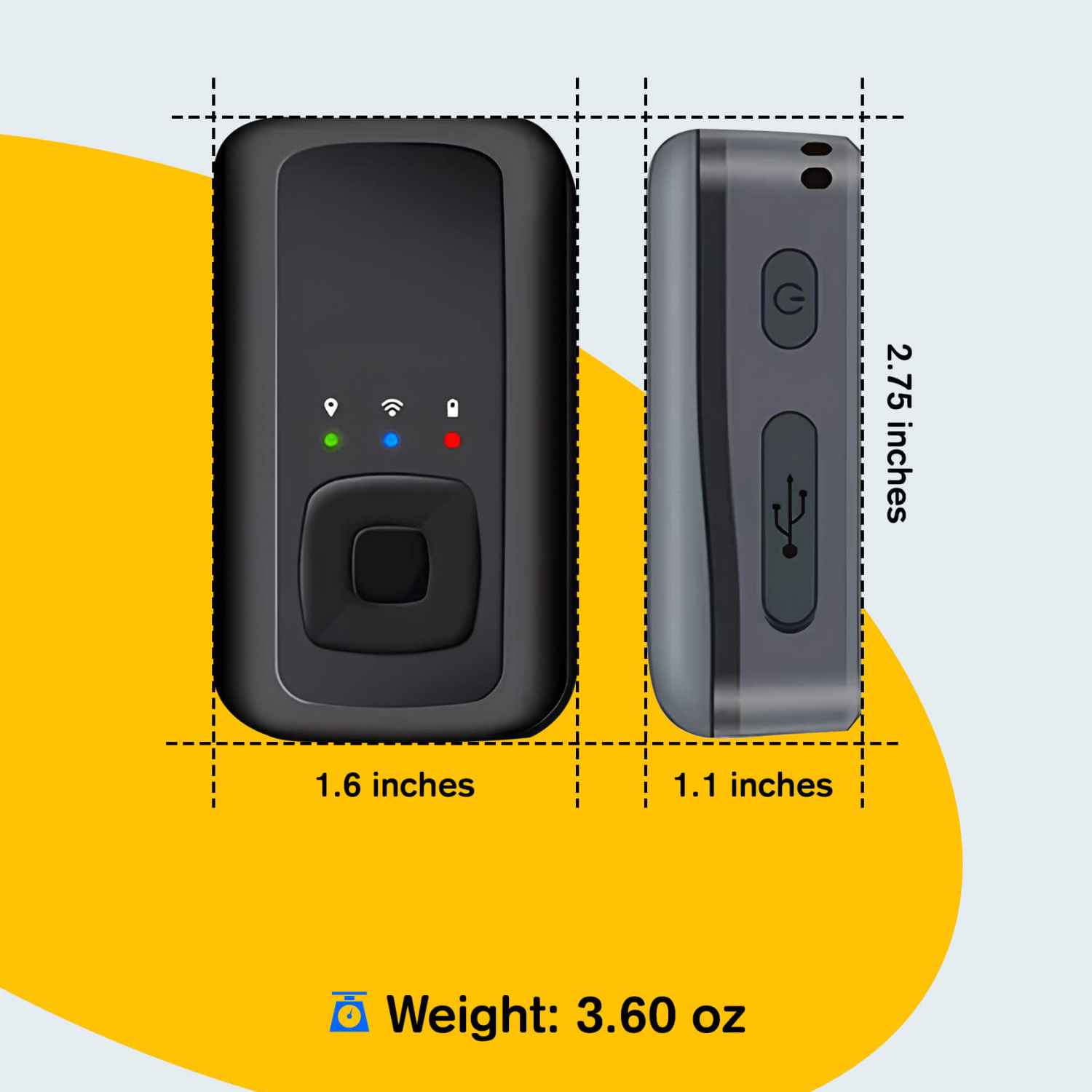A GPS tracker determines and shares real-time location using satellite signals. It works by connecting to satellites, calculating position through triangulation, and transmitting data via networks.
GPS trackers prevent theft, track vehicles, and enhance safety. They provide real-time updates, enable geofencing, and improve security for individuals and businesses.
What Is a GPS Tracker?
A GPS tracker is a device that determines and shares real-time location using satellite signals. It calculates precise coordinates and transmits data through cellular, satellite, or radio networks.
GPS trackers are used for vehicle tracking, personal safety, asset monitoring, and law enforcement. They can be installed in cars, attached to objects, or worn as portable devices for continuous location updates.
Types Of GPS Trackers
Passive GPS Trackers
Passive GPS trackers save location data and do not send it immediately. The information can be retrieved later using a computer or another device.
These trackers work without a network connection, making them useful in remote areas. They help in tracking vehicles, studying movement patterns, and monitoring valuable assets.
Active GPS Trackers
Active GPS trackers send live location updates using a network connection. They work with cellular, satellite, or radio signals to share data instantly.
These trackers help track vehicles, people, or goods in real time. They are used in security, transportation, and emergency response for quick location access.
How Do GPS Trackers Work?
GPS trackers find locations by connecting to satellites and calculating their position. They use a process called triangulation, which measures the time signals take to travel from satellites to the device.
Once the location is determined, the tracker processes the data and sends it through a network. It may use cellular, satellite, or radio signals to transmit the information to a monitoring system.
The location details appear on a tracking platform or mobile app, where users can see movement in real time. Some trackers also store past locations, set alerts, and track speed or activity.
Why Use GPS Trackers?
Prevent Theft
A GPS tracker helps recover stolen vehicles, equipment, or valuables by showing their exact location. Businesses use them to prevent unauthorized vehicle use and ensure proper fleet management.
Track Vehicles
Companies rely on GPS tracking to monitor fleet movement, reduce fuel costs, and optimize delivery routes. Individuals use them to track personal cars or motorcycles for added security.
Improve Safety
Parents use GPS trackers to keep track of children or elderly family members. Some models include SOS features, which allow users to send alerts during emergencies.
Manage Assets
Logistics and delivery services use GPS trackers to track shipments, improve dispatch efficiency, and reduce delays. Construction companies use them to monitor equipment and prevent misuse.
Monitor Pets & Wildlife
Pet owners attach GPS trackers to prevent pets from getting lost. Researchers use them to study animal movements and protect endangered species.
Set Boundaries
GPS tracking allows users to set up safe zones for vehicles, equipment, or people. If the tracker moves beyond a defined area, an instant alert notifies the owner.
Save Costs
Businesses use GPS tracking to reduce fuel consumption, monitor driver behavior, and optimize operations. Tracking systems help increase productivity and lower operational expenses.
Future of GPS
The future of GPS technology is evolving with advancements improving accuracy, reliability, and integration with new technologies. Some key developments include:
Enhanced Accuracy with GNSS
The integration of Global Navigation Satellite Systems (GNSS) alongside GPS is improving location accuracy. GNSS combines multiple satellite constellations, such as GPS, Galileo, and GLONASS, ensuring better coverage and precision in all environments.
5G Integration
With the rollout of 5G networks, GPS tracking will experience lower latency and improved real-time location updates. This is crucial for industries like autonomous vehicles, smart cities, and IoT applications.
Indoor & Underground GPS Tracking
Traditional GPS signals struggle indoors and underground. However, advancements in Wi-Fi, Bluetooth, and Ultra-Wideband (UWB) positioning are making indoor GPS tracking more reliable for warehouses, airports, and underground transit systems.
Autonomous Vehicles & Smart Mobility
GPS technology is a critical component of autonomous vehicles. Future GPS systems will enable self-driving cars to navigate more efficiently by integrating real-time data from multiple sources, reducing the risk of accidents and improving traffic management.
Wearable & Health Tracking GPS
Wearable GPS technology is becoming more advanced, with applications in healthcare, fitness, and personal safety. Smartwatches and medical devices with GPS tracking will help monitor patients, track physical activity, and enhance emergency response capabilities.
Quantum GPS
Quantum technology is expected to revolutionize GPS tracking by eliminating the need for satellite signals. Quantum GPS systems can operate independently, providing ultra-precise location tracking even in challenging environments like deep space or underwater.
Conclusion
GPS trackers work by connecting to satellites, calculating location, and transmitting data through networks. They improve security, efficiency, and real-time monitoring, making them useful for both personal and business needs.
By using GPS tracking, individuals and companies can prevent theft, improve safety, and optimize daily operations. Whether for tracking cars, managing fleets, or protecting valuables, GPS trackers offer a simple and effective solution.


